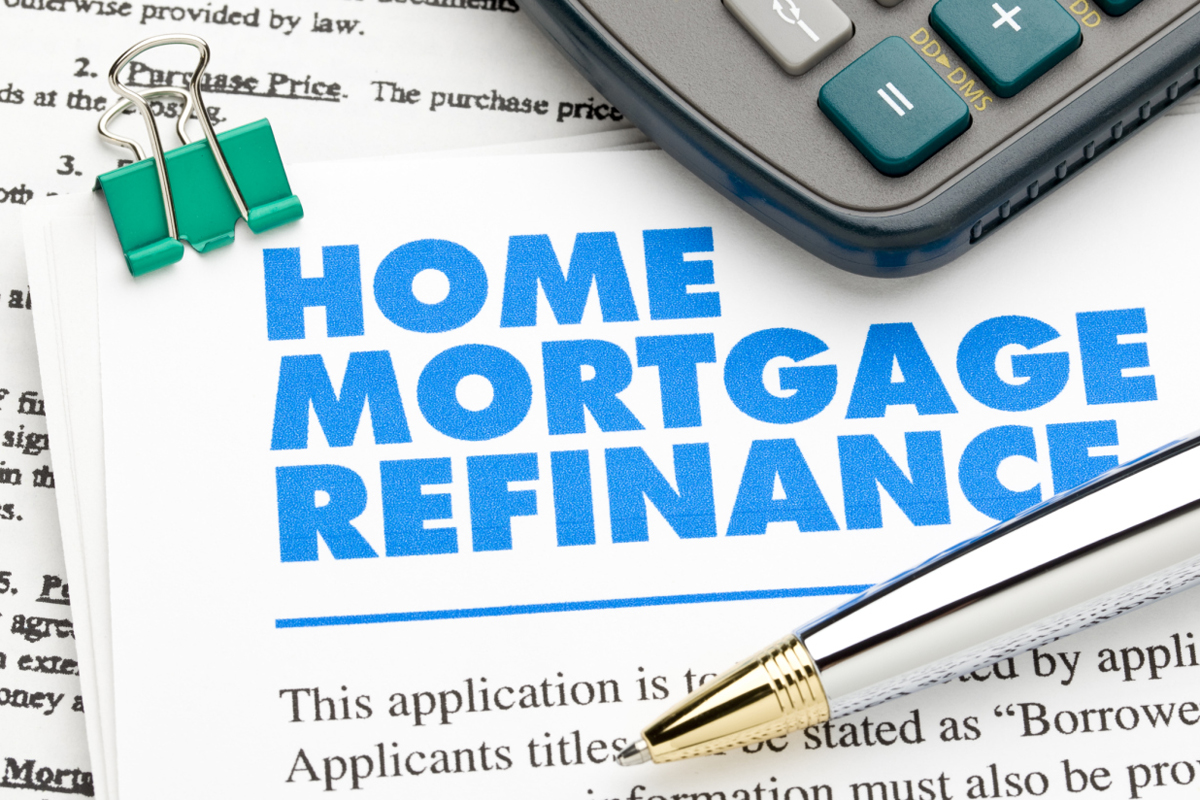If you have a fixed-rate mortgage and mortgage rates are falling, it only makes sense to consider trying to refinance at a lower rate. But as with most things in finance, it isn’t always a simple answer. Refinancing can certainly make sense, but it also costs money to refinance a mortgage. Depending on your specific situation, a refinance may actually end up costing you more money instead of saving money.
Adjustable Rate Mortgages
If you have an adjustable rate mortgage and your rate has reset to a higher rate than the initial low rate, it is definitely worth looking into a refinance. The good news is that adjustable rate mortgages can change their interest rates over the term of the loan, and when rates are going down, that can be good. But the real problem is that even so, you’re still likely to find that you’re paying more than you would be with a fixed-rate mortgage.
Click here to watch weekly episodes of Housing Development Programme on AIT
The old standard when it comes to home loans, a fixed-rate mortgage can be one of the best ways to finance the purchase of a home. This is because the interest rate doesn’t change over time, which means your payment remains the same. This payment stability is great, but there are times when it can be a drawback.
If mortgage rates fall in the future, you may find yourself paying more interest than what you could get on a current mortgage. This could mean throwing money away towards interest that you could possibly avoid. But the reverse is also true. If you lock in a fixed-rate that’s at a relatively low point, if rates go up in the future, you’re realizing significant savings over others who may be getting current loans at the higher rates.
Consider Costs
When considering whether or not to refinance your mortgage, you want to realistically look at how long you plan on being in the home. Since there are closing costs that may amount to thousands of dollars, you have a look at how long it would take to break even if you were to refinance.
 For instance, let’s say a 1% lower interest rate would decrease your monthly mortgage payment by $100. That’s nothing to sneeze at, but let’s also assume your closing costs on the refinance total $3,000. That means you’d need to stay in the house for 30 months just to break even on the refinance. If your plans were to possibly move in three years or less, you can see where a refinance may actually cost you.
For instance, let’s say a 1% lower interest rate would decrease your monthly mortgage payment by $100. That’s nothing to sneeze at, but let’s also assume your closing costs on the refinance total $3,000. That means you’d need to stay in the house for 30 months just to break even on the refinance. If your plans were to possibly move in three years or less, you can see where a refinance may actually cost you.Another thing to consider is how much equity you have in the home. Most banks will require 20% equity in order to refinance your mortgage. It may still be possible to refinance without that much equity, but you’ll likely get the best deal if you have at least 20% equity.
One thing many people forget is that refinancing will also extend the term of the loan again. If you’ve been making payments on your 30-year fixed mortgage for the past 10 years, you only had 20 to go. But if you refinance, if you choose another 30-year mortgage, you’re back to the beginning. But what some people do is actually refinance from a 30-year to a 15-year if they already have a number of years of payments under their belts.
As you can see, there are a number of things to consider before rushing to the bank. Yes, lower mortgage rates are good, and they can save you money, but it isn’t quite that easy. You need to make sure you’ll actually live in the house long enough to benefit, and determine if possibly changing the loan terms is worth it. Not only that, but your credit history is even more important than ever. If your credit isn’t perfect or you have some negative marks on your report, you may find that you can’t even take advantage of the best rates.
 So, if lower rates have you interested in a refinance, it’s worth taking a look at. Just make sure that you’re not being drawn in by the rate alone and that you’re really going to reap the rewards of a refinance.
So, if lower rates have you interested in a refinance, it’s worth taking a look at. Just make sure that you’re not being drawn in by the rate alone and that you’re really going to reap the rewards of a refinance.



